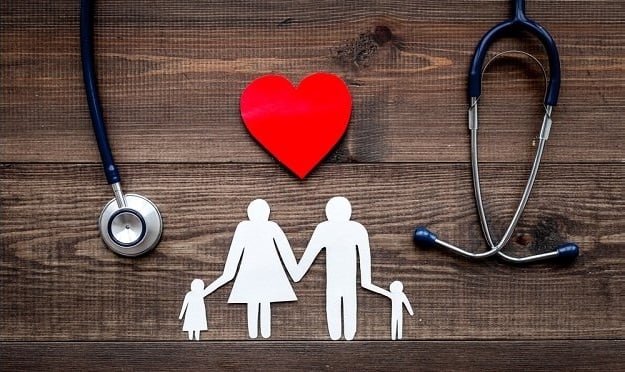 Of the 48 million people who will be affected by a job loss this year, 34% have insurance through a family member's job, while 27% are covered by Medicaid or CHIP. (Photo: Shutterstock)
Of the 48 million people who will be affected by a job loss this year, 34% have insurance through a family member's job, while 27% are covered by Medicaid or CHIP. (Photo: Shutterstock)
The COVID-19 pandemic has wreaked havoc on nearly every aspect of our health care system, including the group insurance market. As unemployment levels soar, an estimated 10.1 million people will lose their employer-sponsored insurance, according to a recent analysis from the Robert Wood Johnson Foundation and the Urban Institute.
This number is just a drop in the bucket, representing just one-fifth of the total unemployed population. "The COVID-19 recession has disproportionately affected the lowest-paid workers, who are the least likely to have work-based health insurance," said Katherine Hempstead, senior policy advisor at the Robert Wood Johnson Foundation. "The loss of jobs and coverage associated with the pandemic is a huge test for our safety net, but it may not be the inflection point for the employer market that many predicted."
Continue Reading for Free
Register and gain access to:
- Breaking benefits news and analysis, on-site and via our newsletters and custom alerts
- Educational webcasts, white papers, and ebooks from industry thought leaders
- Critical converage of the property casualty insurance and financial advisory markets on our other ALM sites, PropertyCasualty360 and ThinkAdvisor
Already have an account? Sign In Now
© 2024 ALM Global, LLC, All Rights Reserved. Request academic re-use from www.copyright.com. All other uses, submit a request to [email protected]. For more information visit Asset & Logo Licensing.








